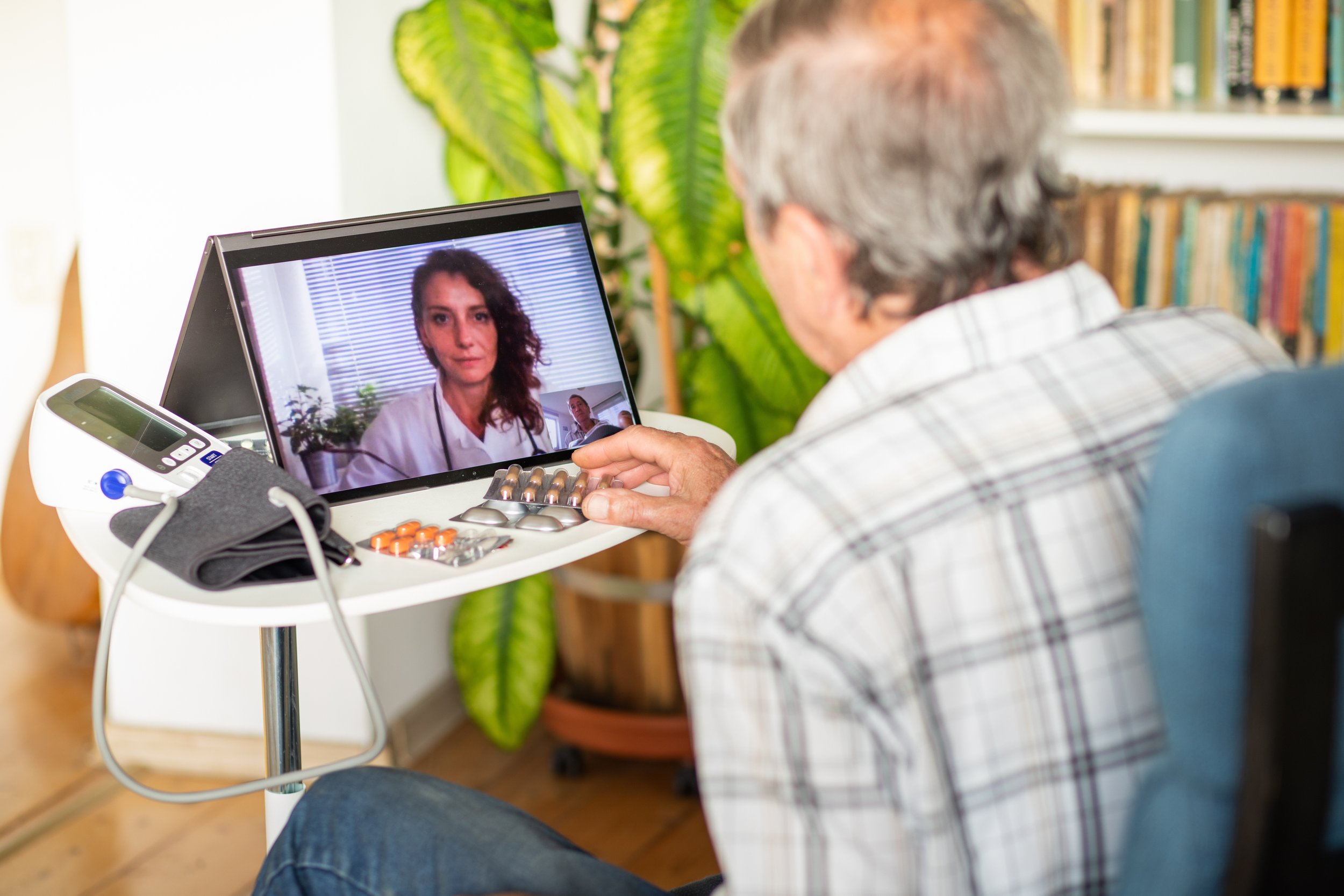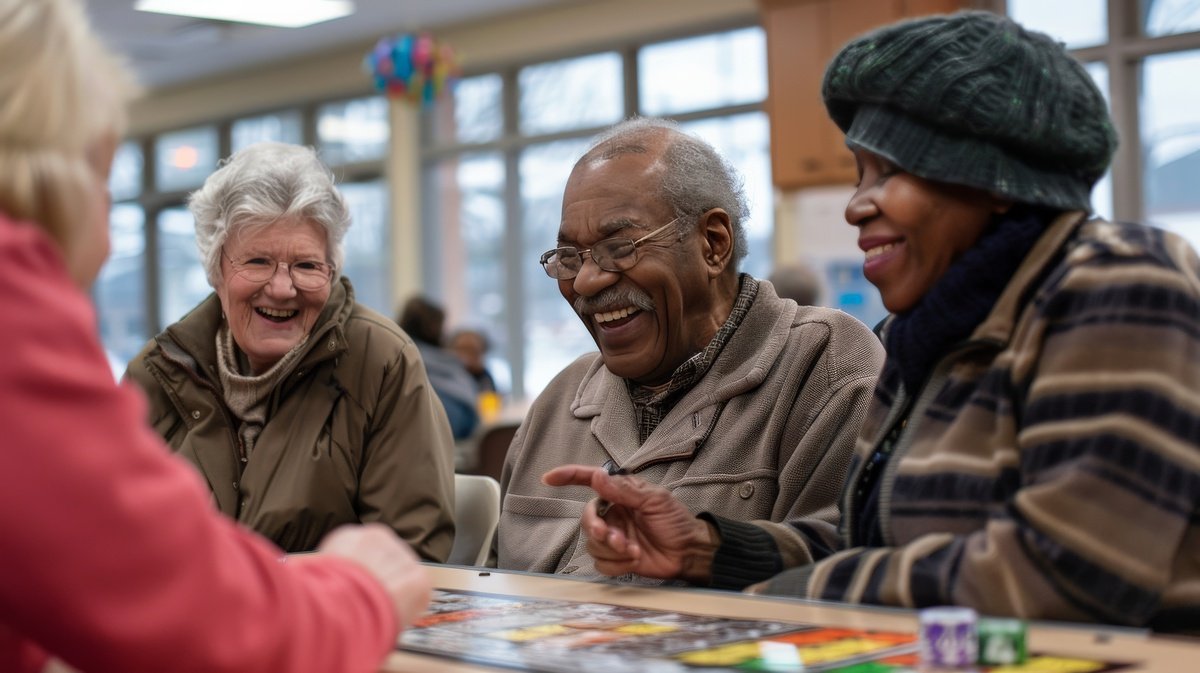It’s hurricane season and there is a lot of information available to us this time of the year on how to prepare for a natural disaster. How is it different for an older loved one living in their own home? They don’t always have the physical or cognitive ability to help themselves in times of crisis. As a family member or friend to an older adult, the key is being prepared ahead of time in case of an emergency. Below is a list of ways to prepare an older adult.
-
Communication! It’s important to figure out ahead of time who is responsible for what in an emergency. Talk it through, make sure you are all on the same page and very importantly, have each other’s current phone numbers.
-
Work out where to go and how to get there beforehand. Is there a family member that could accommodate the older adult if there is a power outage or other logistical challenge for a few days? How would the older adult get there? Is the purchase of a household generator necessary for medical equipment such as oxygen?
-
Keep a list of all medications, medical equipment, and doctor’s contact information current and in a specific place. Make sure whoever is responsible for helping in an emergency knows where this is. Keep medications filled, keeping at least a week’s worth of medication at all times. Know what medical equipment is needed and relies on power, (oxygen, nebulizers, etc.) Make sure for oxygen that you have a battery back up and car adapter. If your loved one has serious medical issues, consider getting a medical ID bracelet for them to wear.
-
Make copies of necessary paperwork in case it is needed, power of attorney, living wills, etc.
-
Keep a week’s worth of water, food and other necessities in the house. Make sure you have food that does not need to be heated up in case of a power outage. Have hand sanitizer and wipes in case the water is not working.
-
Have a bag packed with necessary toiletries, (including incontinence supplies if needed), gloves, clothing, and cash. Have a first aid kit with this bag as well.
With good preparation and communication, an emergency can be far less stressful for everyone involved. For more detailed lists of what every home should have for disaster preparedness, go to: www.usa.gov/prepare-for-disasters
Stay safe!
Share This Article



